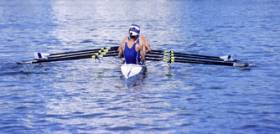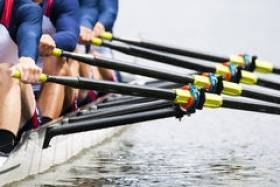Displaying items by tag: St Michael's Head of the River
Bad Forecast Claims St Michael's Head of the River
#Rowing: St Michael’s Head of the River, scheduled for Saturday (February 25th) has been cancelled. The forecast for O’Brien’s Bridge was not good.
The organisers hope to reschedule the head for March 18th, the date vacated by Galway Head of the River.
The Domestic Events Committee of Rowing Ireland will make the decision.
St Michael's and Dublin Heads Cancelled
#Rowing: The St Michael’s Head of the River, set for this Saturday, March 12th, has been cancelled because of increased water levels at O’Brien’s Bridge. This event was rescheduled, after an earlier cancellation.
The Dublin Head of the River, scheduled for March 26th, has also been cancelled. The organisers say that conditions on the weir at Islandbridge would not be safe. Offaly head, on this date, will accept entries for all standard grades except eights.
St Michael's Head of the River Cancelled
#Rowing: The St Michael’s Head of the River, due to be held on Saturday, February 20th, has been cancelled. The club announced that “due to the recent severe weather we have to announce the cancellation of this years’ Head of the River event at O’Briensbridge, County Clare. We hope to stage the event on an alternative date this year. We apologise for this cancellation. However weather conditions has made the staging of the event on February 20th unsafe."






























































